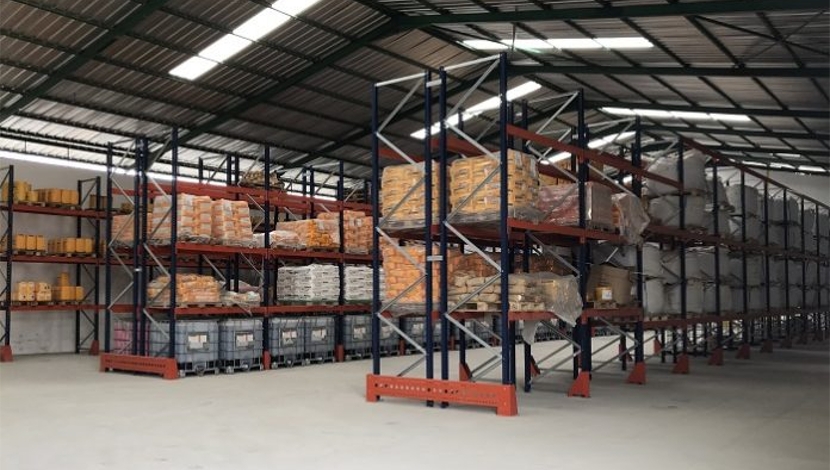

Rwanda’s sole cement producer Cimerwa, which is 51%-owned by PPC, expects production at its new 600 000 t/y modern dry-process plant, at its head office in Bugarama, to ramp up to full capacity by mid-2018.
PPC international relations MD Njombo Lekula said the $170-million plant was currently running at 60% capacity.
The plant was launched in August 2015 and Cimerwa’s 100 000 t/y wet-process plant was decommissioned. However, the company is considering keeping certain components of the old plant in service.
Cimerwa CEO Busisiwe Legodi said the new automated dry-process plant aimed to stem high cement imports into the country.
“The construction of the new plant was driven by infrastructure growth in Rwanda. When the government realised the cement producing capacity it had was not going to support the growth of infrastructure development in the country, it had to resort to imports. It then decided to find partners and build this plant,” she explained.
Cimerwa’s main target market was Rwanda, with the city of Kigali the main consumption node, accounting for between 55% and 65% of domestic demand.
Target export markets included Burundi, as well as south and north Kivu in the eastern DRC.
The local cement would initially be sold at the plant, but the company was evaluating the business case for making deliveries, mainly to Kigali.
Legodi added that the support from the Rwandan government had been exceptional.
The State subsidised more than 25% of the plant’s electricity costs and paid the diesel costs.
Lekula revealed that, by 2020, Rwanda’s per capita cement consumption would outpace the country’s current cement production capacity, adding that Cimerwa aimed to ensure that its production exceeded the country’s demand.
Rwanda’s industrialisation was growing but was not matching the growth of the young population, requiring further industrialisation investment.
“I see Cimerwa becoming a regional player. We are looking at opportunities and realised there are many,” she said.





